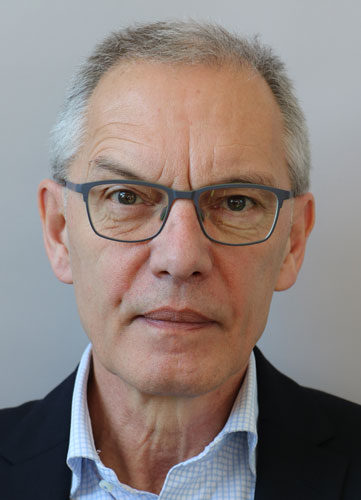When Constructions of the Future Meet Curriculum Development and Teaching Practice
Wednesday, 23 August, 11:00 - 12:00
Location: W4.15
(Livestream: W2.04 Auditorium 1)
It is often said that we live in an era of change. It is true that we witness frequent reforms in education, but also that they leave classroom practices partly unaffected. On the one hand reforms are an integrated part of the educational system due to its provision of changing students in direction of still better learning outcomes, personal development and Bildung. On the other hand the educational system’s environment such as for example the economic system, the political system or other parts of the educational system requires outcomes that meet the needs of these systems as well at present as in the future. Education is and has for these reasons always been preoccupied with reforms, but never before at a pace as we see today.
To understand the constant, continuing and cyclic character of reforms in education it becomes important to introduce a difference between the educational system as such and classroom teaching within the system. Educational reforms are intended to improve the system while teaching at classroom level intentends to improve students and student outcomes. Political systems have a strategic interest in a school that are preparing students for the future, which has led to a considerable global industry in constructions of future in regard to knowledge (deep), skills (higher order), competences (cognitive, emotional, personal and social), attitudes and values (collaborative and ethical). Political systems have an interest in curriculum development and teaching practices that are especially suited to promote such selected constructs.
How are these efforts met by curriculum development and how are they met by classroom practitioners? What happens when the constructions of future meets curriculum development and teaching practice?
About Jens Rasmussen
Jens Rasmussen, PhD, professor in Educational Sociology at Department of Education, Aarhus University. His research areas are curriculum development and comparative educational policy studies particularly on primary and lower secondary education and teacher training. He has been Fulbright Visiting Professor at College of Education, University of Georgia, visiting professor at Institut für Bildungswisseschaft, University of Vienna and national curriculum development advisor of Vietnam. He is the author of articles and books on teaching, learning, teacher education and educational research.
